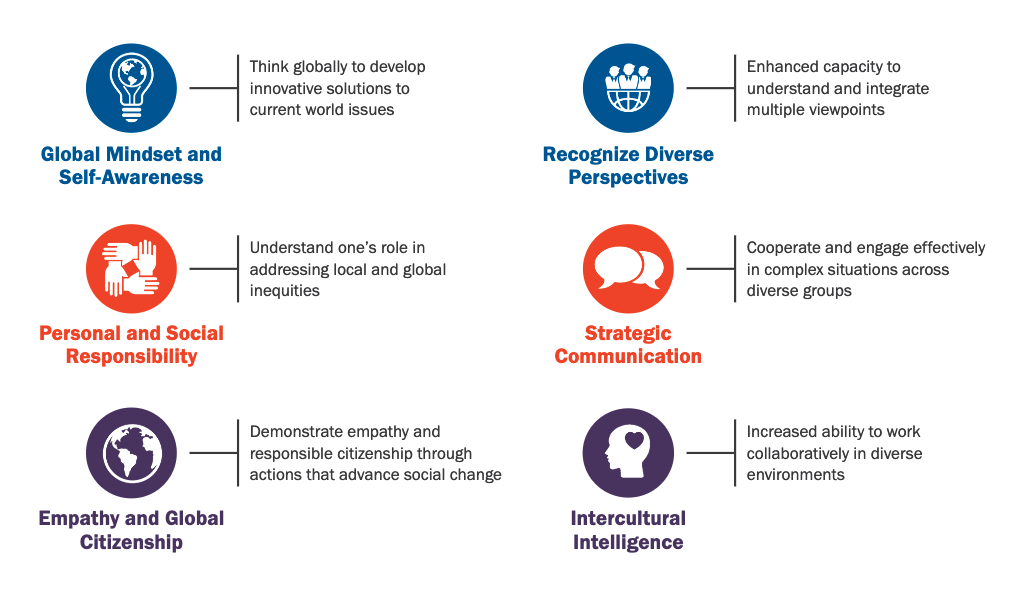Program Learning Outcomes and Curriculum
Your program curriculum is designed to ensure graduates acquire the essential skills, knowledge, and attitudes appropriate and relevant to both the needs of students and employers.
Program Vocational Learning Outcomes
Program vocational learning outcomes describe what graduates of the program have demonstrated they can do with the knowledge and skills they have achieved during their studies. The outcomes are closely tied to the needs of the workplace. Through assessment (e.g., assignments and tests), students verify their ability to reliably perform these outcomes before graduating.
The program vocational learning outcomes for this program are
- Solve common technology problems related to computer software used in the production of visual effects.
- Capture and process imagery for use in VFX productions by selecting and applying current and relevant, industry-standard techniques.
- Use image processing techniques to integrate digital imagery and various sources of photography into a final product.
- Implement different creation and acquisition techniques to produce computer generated elements appropriate for usage in a VFX piece.
- Use matte painting and set-extension techniques to photo-realistically modify existing photography.
- Simulate photo-real images to match live action footage by the application of advanced rendering techniques.
- Apply cinematograpy and editorial concepts to further storytelling in the production of a time-based VFX piece.
- Prioritize the requirements and milestones of a VFX piece through pre-production techniques.
- Collaborate with an interdisciplinary team to complete a final product.
- Produce a marketable demo and self-promotional package suitable for the VFX industry.
- Maximize the use of time, and function within a production pipeline, using appropriate file-management and work-flow strategies.
Essential Employability Skills Outcomes
Essential Employable Skills (EES) are skills that, regardless of a student’s program or discipline, are critical for success in the workplace, in day-to-day living, and for lifelong learning. Graduates will reliably demonstrate abilities in six skill categories:
Global Citizenship and Equity Learning Outcomes
There are six Global Citizenship and Equity (GCE) learning outcomes integrated into Diploma and Advanced Diploma programs as a component of Centennial’s Signature Learning Experience (SLE). The SLE reflects the College’s promise to provide students with a distinctive and inclusive educational experience that builds on a foundation of global citizenship, equity, and social justice. Certificate and Graduate Certificates also include at least two GCE learning outcomes. The GCE learning outcomes are:
- Identify one’s role and responsibilities as a global citizen in personal and professional life.
- Identify beliefs, values and behaviours that form individual and community identities and the basis for respectful relationships.
- Analyze issues of equity at the personal, professional, and global level.
- Analyze the use of the world’s resources to achieve sustainability and equitable distribution at the personal, professional, and global level.
- Identify and challenge unjust practices in local and global systems.
- Support personal and social responsibility initiatives at the local, national, and global level.
Global Citizenship and Equity Portfolio
As a component of the SLE, Diploma and Advanced Diploma program students will complete the Global Citizenship and Equity (GCE) Portfolio. Building the GCE Portfolio is a process of documenting your GCE learning. Each item selected for inclusion in the portfolio demonstrates growth and understanding of Global Citizenship and Equity within your program of study.

Students are encouraged to develop their GCE Portfolio beginning in their first semester. You will add artifacts from coursework and accompanying reflections as well as artifacts arising from co-curricular activities, volunteering, etc. to your portfolio as you progress through the program. You are encouraged to use the ePortfolio tools available on eCentennial, as well as to develop an online professional portfolio presence through LinkedIn and/or other personal websites/blogs.
Curriculum Frameworks
Your program has several key components that include:
- Program vocational learning outcomes
- Global Citizenship and Equity learning outcomes[1]
- Essential Employability Skills outcomes[2]
- General Education (GNED) or Liberal Studies course(s)[3]
- English communication (COMM) courses[4]
[1] Global Citizenship and Equity learning outcomes may not be included in Certificate and Graduate Certificate programs.
[2] Essential Employability Skills Outcomes are not included in Degree programs
[3] General Education/Liberal Studies courses may not be included in Graduate Certificate programs
[4] English communication courses may not be included in Graduate Certificate programs
Upon successful completion of all courses in the model route you may apply to graduate. A pass in grade of 60%, letter grade C, is considered a pass for all core animation courses.

